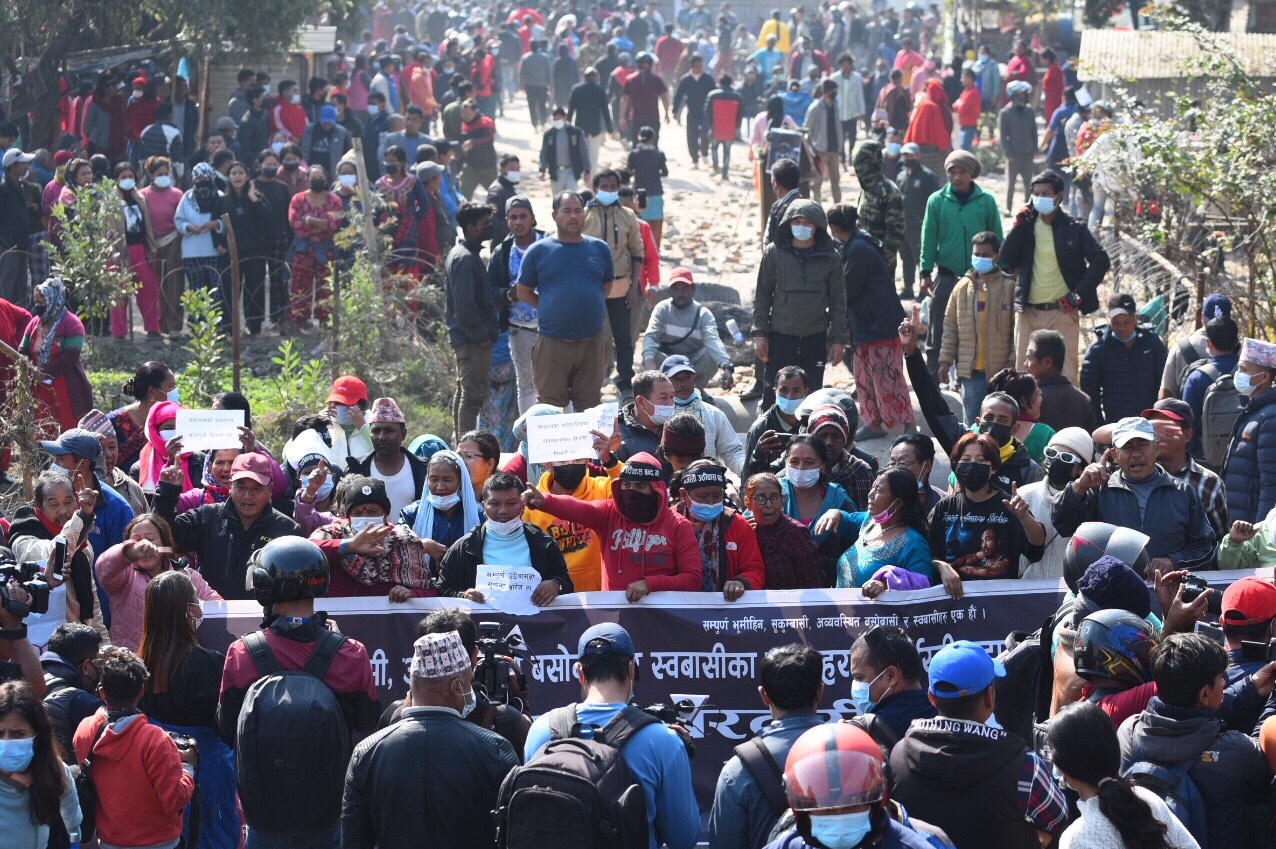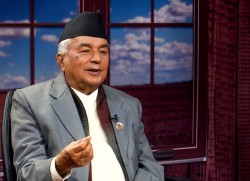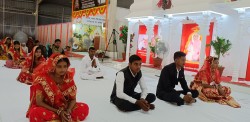Nepal

The Bagmati river encroachment issue is unlikely to die down any time soon. It continues to haunt political leaders, chiefly Kathmandu Metropolitan City Mayor Balendra Shah, who drew Prime Minister Sher Bahadur Deuba’s attention to the issue on Tuesday.
The meeting came barely 24 hours after 36 KMC police personnel were injured in a clash with the Bagmati squatters at Thapathali. It is unclear if any immediate solution has been found to resettle members of the nearly 150 squatter families and clear the river bank of huts.
That will surely take some time as the dust from Monday’s pitch battle at Paurakhi Tole, Thapathali, is yet to settle, and the injured municipal police personnel are struggling to recover from their injuries. KMC has lodged police complaint against some individuals involved in the attack.
Meanwhile, his public Facebook post shows Balen Shah is disturbed. He launched a tirade at former prime minister KP Sharma Oli, asking him why he had failed to resolve the squatters’ issue for 32 years.
Shah’s angry reaction followed Oli’s criticism of the Thapathali incident, which he likened to a “drama” that seemed like a “battle between Nepalis and [some foreign] enemies”.
But the mayor seems livid. His November 29 Facebook post went to the extent of warning Oli against pitting “a group of people against another”.
“Right honourable former prime minister Oli jyu,” Mayor Shah wrote. “It’s but natural for you to make such comments. Nothing happened even after 14 commissions were formed after 1990 to resolve landless squatters’ problems.”
He continued: “As someone who led several ministries and the Prime Minister’s Office, you didn’t see the 32 winters they faced. The squatters merely remained your vote bank.”
The KMC mayor has also accused Oli of “misusing the squatters and using them during the traditional Guthi preservation movement and other missions that clashed against your [political] interest”.
And he questioned: “If you really loved your people, rivers and the Newa civilisation of Kathmandu, why did you erect a white tower [Dharahara] by eliminating Lunhiti [Sundhara]? How could you hand over the task of rebuilding Hanumandhoka [Durbar Square] by destroying its authenticity to foreigners?”
Now the time has changed, the mayor added.
Mayor Shah has clarified that the KMC police personnel and its bulldozers were moved to the Thapathali area to aid the High-Powered Committee for Integrated Development of Bagmati Civilisation.
The committee has been working to clean up the Bagmati and its tributaries in the valley, developing wastewater treatment plants – and reclaiming banks encroached upon by the landless squatters.
A separate government body, the National Land Commission, is responsible for identifying squatters and distributing lands to the bona fide ones. Its chief, too, has criticised KMC’s move to try and pull down the squatters’ huts, calling it a “child-like” move.
Only recently, the commission and the KMC signed an agreement that required the latter to submit a detailed report on the status of landless squatters in the city. This week’s Thapathali move violated that deal, the commission has said.
The KMC has come under fire also from the Brihad Nagarik Andolan, a civil society committee, for its move to clear the riverside settlement just when Nepalis are bracing for chillier winter nights. The committee has termed it a “cruel move”.
Meanwhile, a separate government body, the Kathmandu Valley Development Authority, has published a notice in the state-owned daily newspaper, Gorkhapatra, instructing owners of buildings erected on government lands or river banks to vacate them within 35 days. Thereafter the authority could pull them down.
It is unclear how many buildings will have to go once this notice sees the light of day.
Also Read: Thapathali squatter's demand Balen Shah's resignation
Also Read: Despite floods, Bagmati squatters don't want to leave their riverside homes






